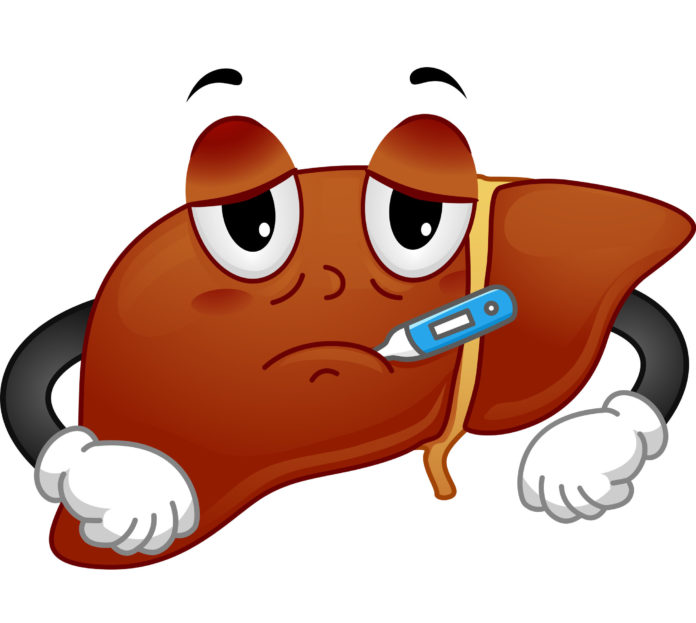
What does the liver do?
The liver has many functions. It extracts nutrients from our gut and stores fuel in the form of ‘glycogen’ that can be quickly changed to glucose when we need energy. The liver also stores some vitamins and iron. It cleans the blood by removing old red blood cells, hormones and harmful substances including alcohol, drugs and ammonia (from the breakdown of protein). The liver makes essential building blocks like protein, cholesterol and clotting factors. It produces ‘bile’ which is stored in the gallbladder and helps break down injested fat in the intestines.
Does alcohol harm my liver?
Alcohol is okay in moderation. The NHMRC advises no more than two standard drinks per day for men or women. Excessive alcohol can damage the liver and over long periods of time can lead to cirrhosis, liver failure and even cancer. Excessive alcohol also harms the brain, especially while it is still developing such as in teenagers.
What is fatty liver?
As the name suggests, fatty liver is caused by a build up of fat within liver cells. It is more common in overweight and obese people and is estimated to occur in one in five people in our society. It is more common in men, older people and in those with Type 2 diabetes.
A side note for ‘foodies’; ‘Foie Gras’ is made from the fatty liver of ducks and geese that have been force-fed.
Fatty liver doesn’t usually cause any symptoms. Diagnosis is with blood tests and ultrasound. Fatty liver increases the risk of heart disease and stroke. In a small proportion the liver can go on to develop scarring, cirrhosis, liver failure and even cancer.
Fatty liver is usually reversible by improving your lifestyle, eating healthy unprocessed food, exercising and reducing your visceral fat.
Does liver cleansing or ‘detox’ work?
No. The liver is your body’s own detoxification system. If you want to ‘detox’ your liver eat healthy unprocessed food, exercise and drink alcohol in moderation.
